Potassium Chloride
₦55,000.00
Description
Potassium chloride (KCl) is a metal halide salt composed of potassium and chlorine. It is commonly used for various purposes, including:
1. **Medical Use**: Potassium chloride is often prescribed to treat or prevent low potassium levels in the blood (hypokalemia), which can occur due to certain medical conditions, medications, or a poor diet.
2. **Fertilizer**: It is widely used in agriculture as a potassium fertilizer (often referred to as muriate of potash) to promote plant growth.
3. **Food Additive**: Potassium chloride is used as a salt substitute in food products, especially for people who need to reduce their sodium intake. It can also be used as a preservative.
4. **Industrial Use**: It is utilized in various industrial processes, including water treatment and the production of other potassium compounds.
5. **Lethal Injection**: In some jurisdictions, potassium chloride is one of the components used in lethal injection procedures, where it causes cardiac arrest when administered in high doses.
In its solid form, potassium chloride is typically white or colorless and has a crystalline appearance. It is highly soluble in water.
Potassium chloride (KCl) has several important industrial applications due to its chemical properties. Some of the key uses include:
1. **Water Treatment**:
– **Water Softening**: Potassium chloride is used as a regenerant in water softeners. It replaces calcium and magnesium ions (which cause hardness) in water with potassium ions, thereby softening the water.
– **Chlor-alkali Process**: It is used in the production of potassium hydroxide (KOH) and chlorine gas through electrolysis. This process is similar to the production of sodium hydroxide and chlorine from sodium chloride.
2. **Production of Potassium Compounds**:
– **Potassium Hydroxide (KOH)**: Potassium chloride is a precursor in the manufacture of potassium hydroxide, which is used in various applications including soaps, batteries, and chemical manufacturing.
– **Potassium Carbonate (K2CO3)**: It is also used in the production of potassium carbonate, an important industrial chemical used in glass manufacturing, soaps, and as a buffering agent.
3. **Heat Transfer in Industrial Systems**:
– **Heat Packs**: Potassium chloride is used in some types of heat packs due to its exothermic dissolution in water, providing a simple and effective means of heat production.
– **Heat Transfer Fluids**: It is sometimes used in heat transfer fluids, especially in applications where the fluid needs to be non-flammable and non-toxic.
4. **Oil and Gas Industry**:
– **Drilling Fluids**: Potassium chloride is used in the preparation of drilling fluids, which are essential for stabilizing shale formations and preventing swelling of clay during the drilling process. It helps in controlling the water activity and reducing the risk of wellbore instability.
5. **Metallurgy**:
– **Fluxing Agent**: It is used as a flux in the extraction and refining of metals, helping to clean and protect the molten metal by removing impurities.
– **Electroplating**: Potassium chloride is involved in electroplating processes where it helps deposit metals like nickel onto other surfaces.
6. **Glass and Ceramics**:
– **Glass Manufacturing**: Potassium chloride is used as a raw material in the production of certain types of glass, particularly those that require potassium oxide as a component.
– **Ceramics**: It can be used in the production of ceramics, where it influences the properties of the final product, such as its thermal expansion and durability.
7. **Explosives**:
– **Fireworks and Pyrotechnics**: Potassium chloride is sometimes used in the formulation of fireworks and other pyrotechnic devices, where it serves as a chlorine donor to produce certain colors or effects.
These applications highlight potassium chloride’s versatility and importance in various industrial processes.

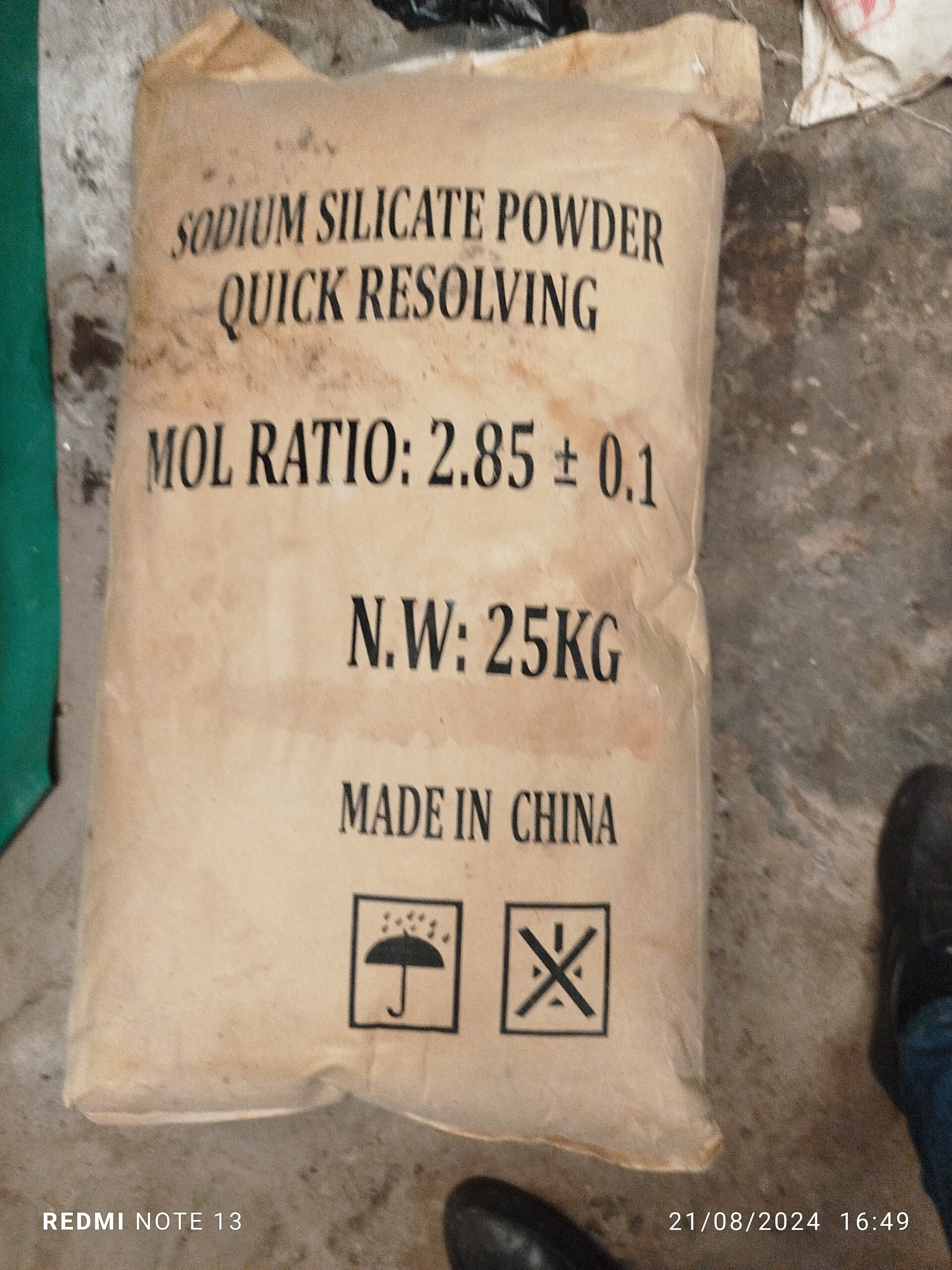
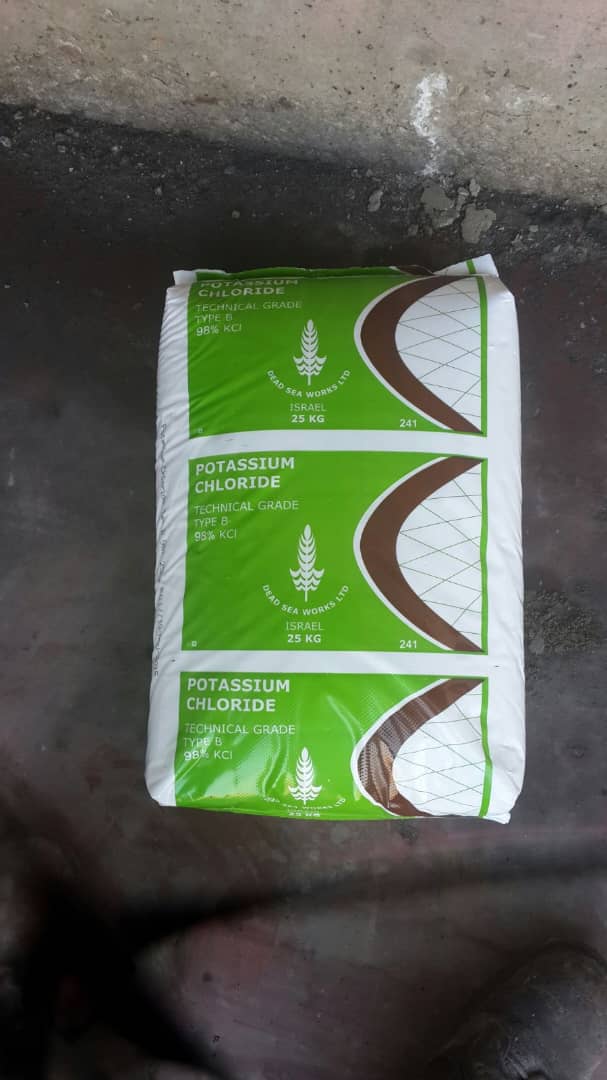
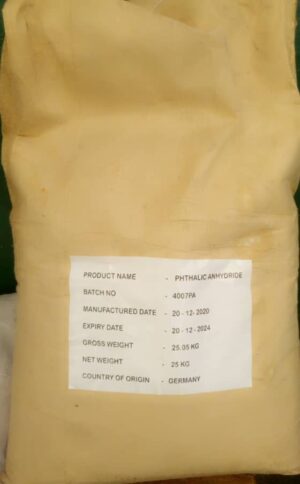
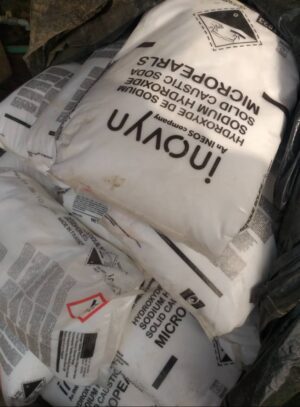
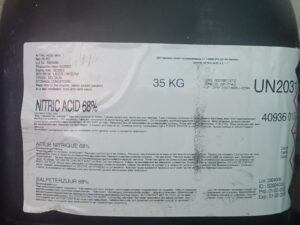
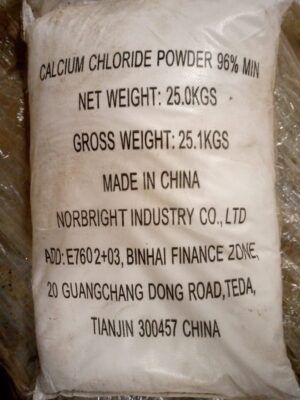
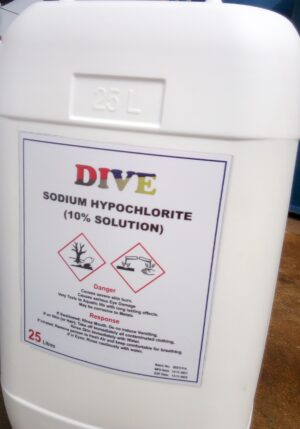
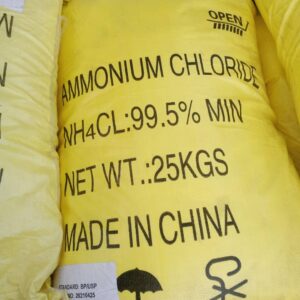
Reviews
There are no reviews yet.